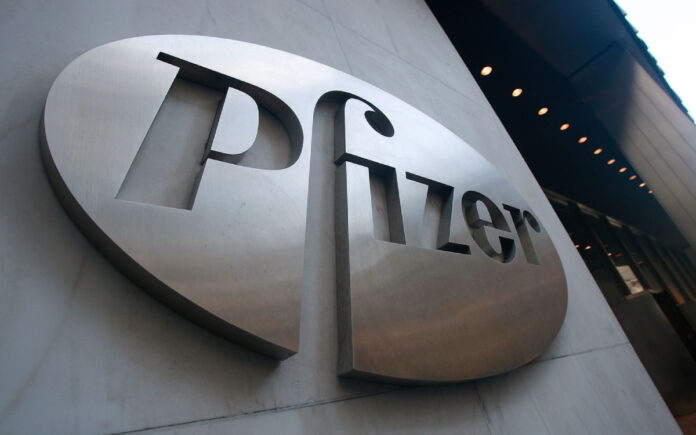New York: Pfizer’s gene therapy for hemophilia A has markedly reduced the number of annual bleeding episodes in patients with this rare disorder, outperforming the current standard treatment in a late-stage study, the company announced on Wednesday.
This promising data moves Pfizer closer to obtaining U.S. regulatory approval for a second gene therapy targeting hemophilia. The company had previously secured approval from the Food and Drug Administration (FDA) for Beqvez, a one-time gene therapy for hemophilia B, a less common variant of the disorder, in April.
If approved, Pfizer’s hemophilia A gene therapy will enter the market alongside BioMarin Pharmaceutical’s Roctavian, a one-time treatment approved in the U.S. last year and priced at $2.9 million.
Currently, the standard care for hemophilia A patients involves routine replacement of the clotting protein Factor VIII. Pfizer’s gene therapy not only achieved its primary objective of demonstrating non-inferiority compared to Factor VIII replacement therapy in reducing annual bleeding rates but also showed superiority over the existing standard treatment.
In the study involving 75 patients, 84% of those receiving Pfizer’s gene therapy had Factor VIII levels exceeding 5% at 15 months post-infusion. The company plans to present additional data at forthcoming medical meetings.
Also Read | Locals Aspire to Make Croatian Bay the World’s Smallest Sea
Pfizer is co-developing the hemophilia A gene therapy with Sangamo Therapeutics, from which it licensed the therapy.
Hemophilia, characterized by a defect in a gene responsible for producing clotting factors, leads to spontaneous bleeding and severe bleeding following injuries or surgeries. Hemophilia A affects approximately 25 in every 100,000 male births worldwide, with the majority presenting with moderate to severe forms of the disease.



